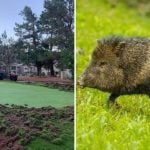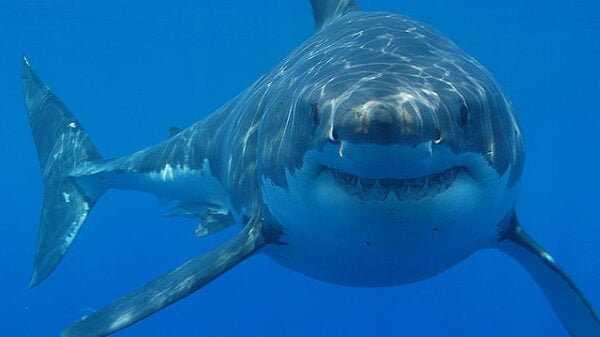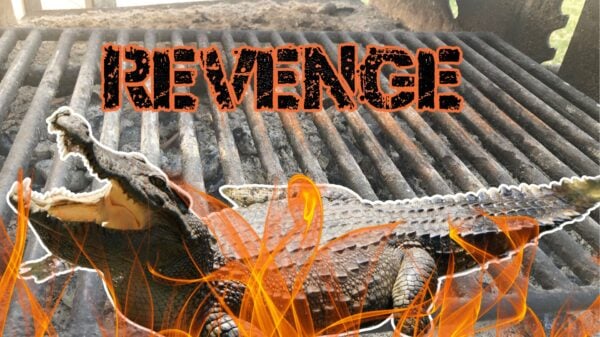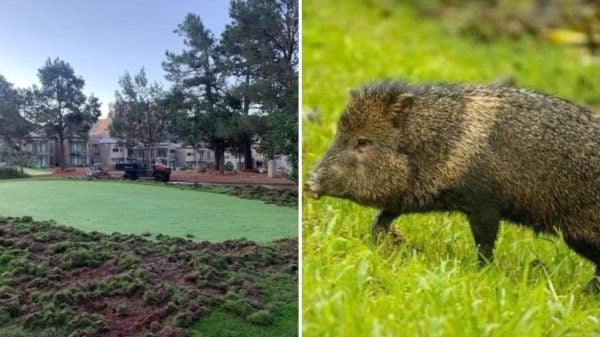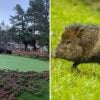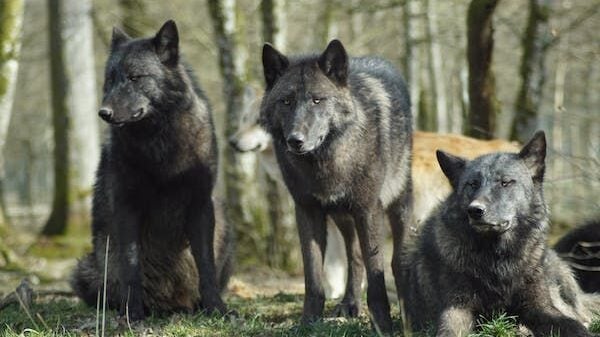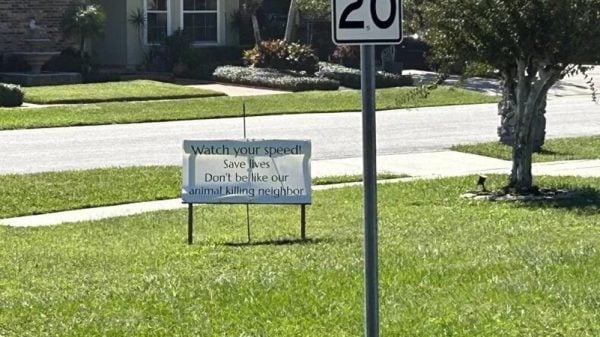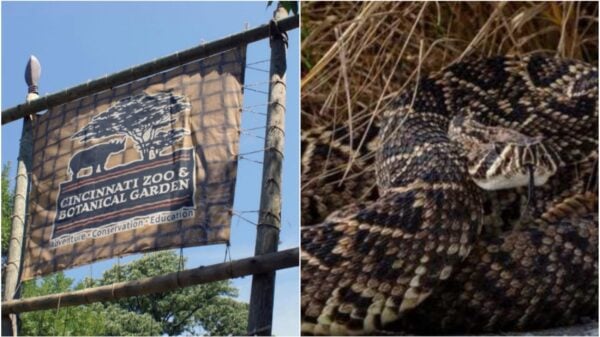Vaquita, the 5-foot-long porpoise, is the smallest and most endangered whale on Earth. Though they are on the edge of extinction, scientists now think they could be making a great comeback. Recently in May 2023, a group of researchers spotted some vaquitas in the Gulf of California in Mexico.
In 2018, it was estimated that their population was decreasing by 45% every year. This decline was due to overfishing and changes in their habitat caused by climate change, so most people expected them to already be extinct. Based on this fact, scientists have been working tirelessly to find ways to protect and revive their dwindling population. Therefore, this discovery offered a glimmer of hope for their survival.
During a two-week visual research, scientists found 10-13 vaquitas, including a newly born calf. All the animals seemed to be in good health, and they were eating well. The research, which was conducted by fourteen trained observers, including Dr. Babara Taylor, leader of the survey with over 20 years of experience in protecting the Vaquita, was funded by the Sea Shepherd Conservation Society and the Mexican government.
The observers were in awe by the sightings because they feared that these marine mammals were endangered. “This survey revealed the greatest conservation success for vaquitas in my 30 years working to conserve this species,” said Dr.Taylor.
Vaquitas can only survive in their habitat in a small area of the Gulf of California and cannot be kept or bred in captivity. In 2017, previous attempts to rescue vaquitas in this way resulted in their deaths.
Humans can be blamed for their dwindling population because of a type of fishing called gillnet fishing. Fishing boats use large nets to catch fish, including the Totoaba. The totoaba’s bladder is considered a valuable delicacy and status symbol in Asia, going for about $50,000 on the black market.
Unfortunately, these illegal gillnets have trapped and killed tiny Vaquitas, alongside other unintended species like sea turtles. The Mexican government has tried to prohibit this net fishing. In 2020, they established a Zero Tolerance Area (ZTA), designating it as a no-fishing and no-entry zone. However, unscrupulous fishermen still enter the prohibited zone to fish and sabotage the government’s efforts.
But, recent actions have shown promising signs. In August 2022, the Mexican Navy placed 193 big blocks made of concrete with 3m high metal hooks in the Vaquitas’ main Zero Tolerance Area (ZTA). They also collaborated with the Sea Shepherds to monitor fishing activities in the area. Thanks to this, gillnetting in the protected area has decreased by around 90%.
“The apparent 90% decrease in gillnetting within the last stronghold of the Vaquitas is probably the most significant step taken to date to save this species,” said Dr. Taylor. However, she called on the Mexican government to sink in more concrete blocks outside the protected areas because some of the tiny porpoises were seen there. While there is still much work to be done, this breakthrough discovery is a significant milestone in the fight to save this world’s endangered species.












